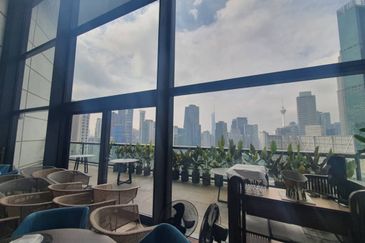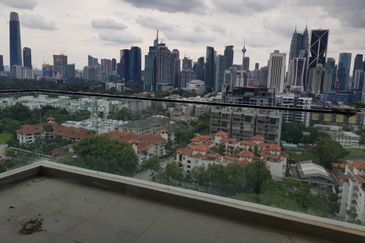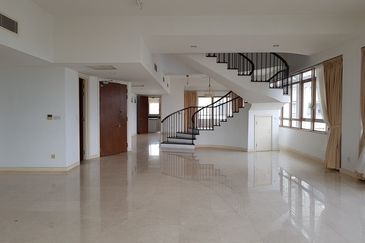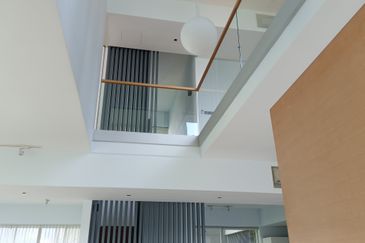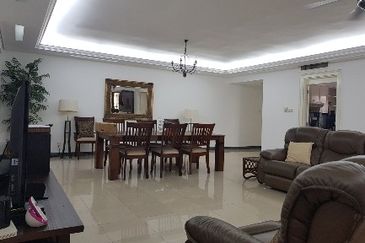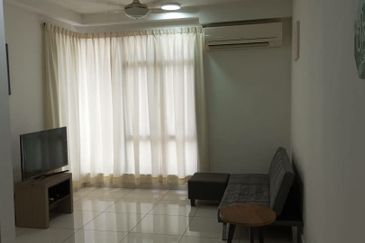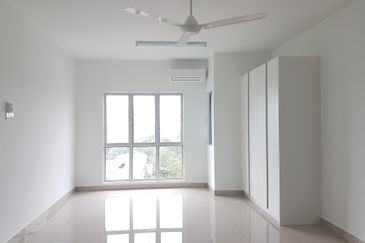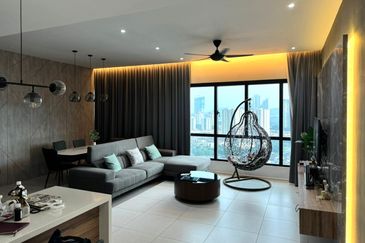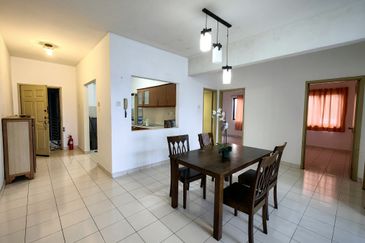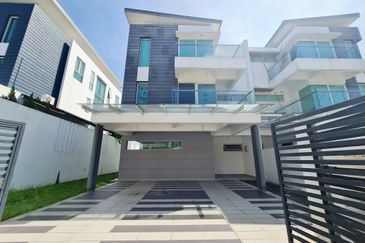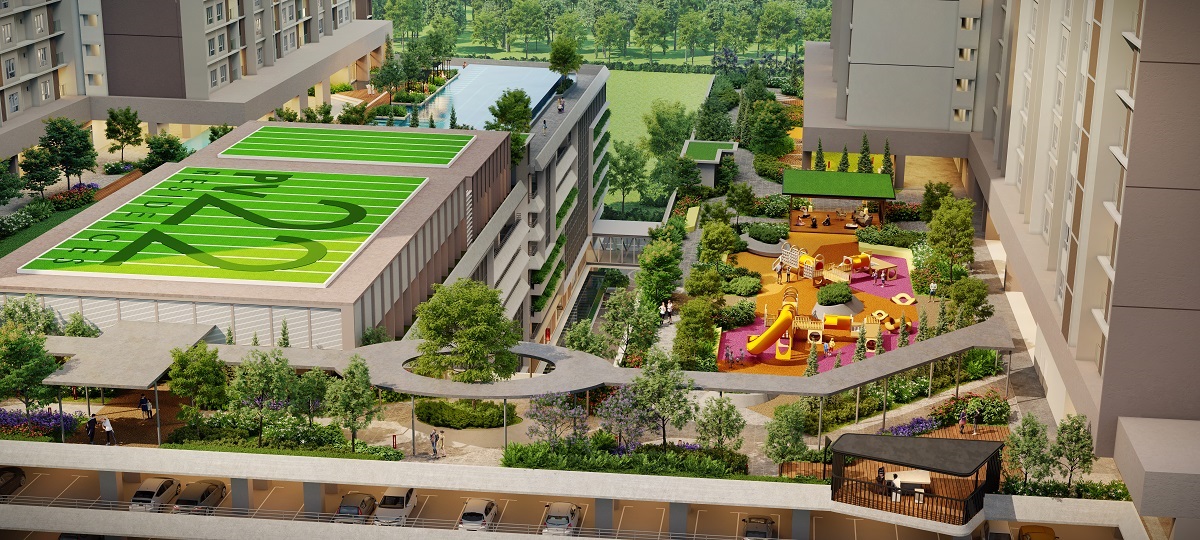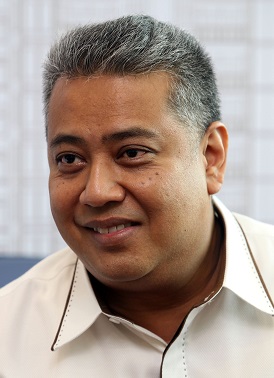 KUALA LUMPUR (Oct 23): The Real Estate and Housing Developers’ Association (Rehda) is realistic about the economic challenges faced by the country and views Budget 2016 in a positive manner
KUALA LUMPUR (Oct 23): The Real Estate and Housing Developers’ Association (Rehda) is realistic about the economic challenges faced by the country and views Budget 2016 in a positive manner
“Rehda acknowledged the fact that this is a challenging budget as the country’s major source of income from oil and gas industry was slashed. However, Rehda still views it positively as there are some measures that could encourage house ownership, especially for the middle income group,” said Datuk Seri FD Iskandar, Rehda president.
Rehda also urged state governments to follow federal government's move to reduce the cost of doing business.
There are quite a number of compliant costs that are burdening property developers, such as conversion premium and contribution fund. These expenses are normally charged by state government or local council.
"We will continue to engage with state governments to discuss this issue, hoping they will follow the federal government’s example to reduce these costs," he said.
FD Iskandar also commented on a number of issues:
The RM200 million fund for house buyer (deposit)
“The allocation for deposit is good news for first-time home buyers as the deposit has been the biggest barrier to house ownership entries. The end-financing is a big issue for property development. Rehda will continue to engage with Bank Negara and others to discuss the end-financing issue."
Industrialised Building System (IBS)
“It is a good move to encourage industry players to adopt IBS as implementing it needs an upfront cost. Adoption of IBS will create economies of scale, which may reduce construction cost and dependency on foreign labour.”
Stamp duty exemption for abandoned projects
“We view it as a positive measures as this will encourage property developers come in as white knights to save the project.”
Affordable housing
“With the increased number of affordable housing programmes, we hope this could create more supply to the market and help to stabilise house prices. Rehda members will work with government agencies to deliver more affordable homes to the home buyers.”
Infrastructure development
“With the improvement of public transport systems such as MRT, LRT and BRT, it could benefit people who stay in rural areas and spur economy activity in the surrounding area.”
Meanwhile, the Master Builders Association Malaysia (MBAM) thanked the government for the bigger development outlay in Budget 2016
 “The budget of RM267.2 billion ringgit is an increase from a revised allocation of RM260.7 billion for 2015. The nudge in public spending will definitely help the construction industry especially to set the pace for the 11th Malaysia Plan (11MP) and in 2016 where construction is expected to grow at 8.4%,” said Matthew Tee, president of MBAM.
“The budget of RM267.2 billion ringgit is an increase from a revised allocation of RM260.7 billion for 2015. The nudge in public spending will definitely help the construction industry especially to set the pace for the 11th Malaysia Plan (11MP) and in 2016 where construction is expected to grow at 8.4%,” said Matthew Tee, president of MBAM.
“However, MBAM is disappointed as the association had hoped to see more reduction of import duties for heavy construction machineries and more incentives to be given to industry players who adopt and implement the use of Industrialised Building System (IBS) such as equipment tax reduction and tax holidays incentives as mechanisation is a way forward for us to reduce our dependency on the use of foreign labour and to increase productivity in the industry.”
Tee added that present duties for construction machineries such as Hydraulic Truck Mobile Cranes amount to 30%. This results in a high cost of construction machinery and overall cost of running a business in Malaysia.
“MBAM had also harboured hopes that the government can provide subsidy for the implementation of Building Information Modelling (BIM) as the cost of the software is currently very expensive. BIM will enable an integration of process and technology to enable the efficient life-cycle management of facilities. MBAM is also disappointed that our wish to have a reduction of corporate tax from 24% remains a wish,” Tee said. (BAJET 2016)
TOP PICKS BY EDGEPROP
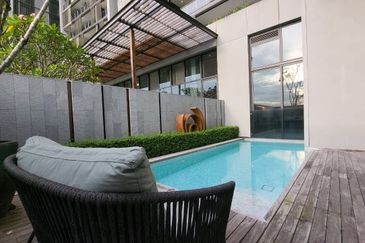
Aira Residence
Damansara Heights, Kuala Lumpur

Aira Residence
Damansara Heights, Kuala Lumpur

Aira Residence
Damansara Heights, Kuala Lumpur
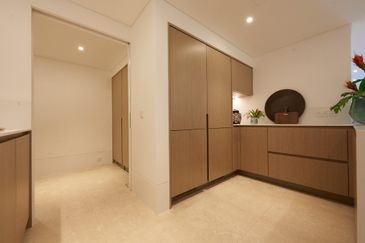
Aira Residence
Damansara Heights, Kuala Lumpur
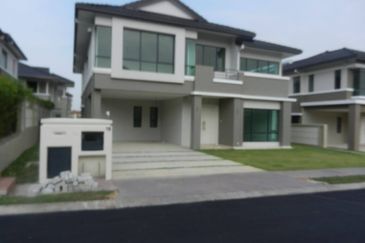
The Olive @ Amverton Park, Bukit Kemuning
Shah Alam, Selangor
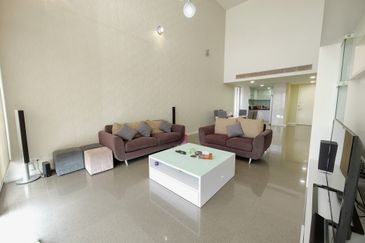
Azelia Residence
Bandar Sri Damansara, Selangor
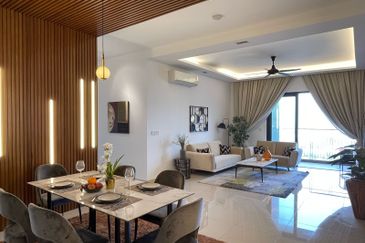
Damansara Seresta
Bandar Sri Damansara, Selangor
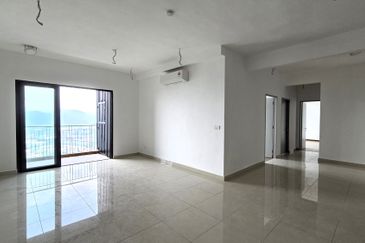
Damansara Seresta
Bandar Sri Damansara, Selangor
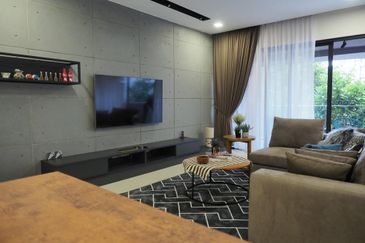
Azelia Residence
Bandar Sri Damansara, Selangor

